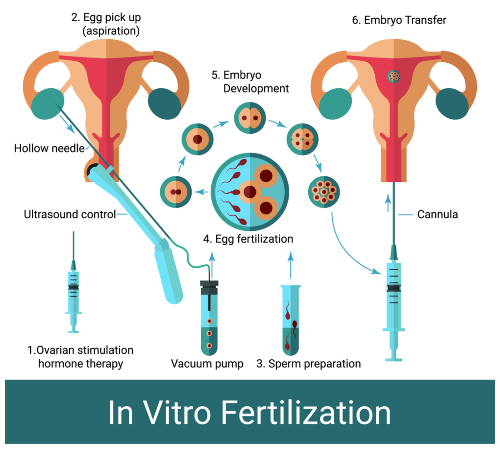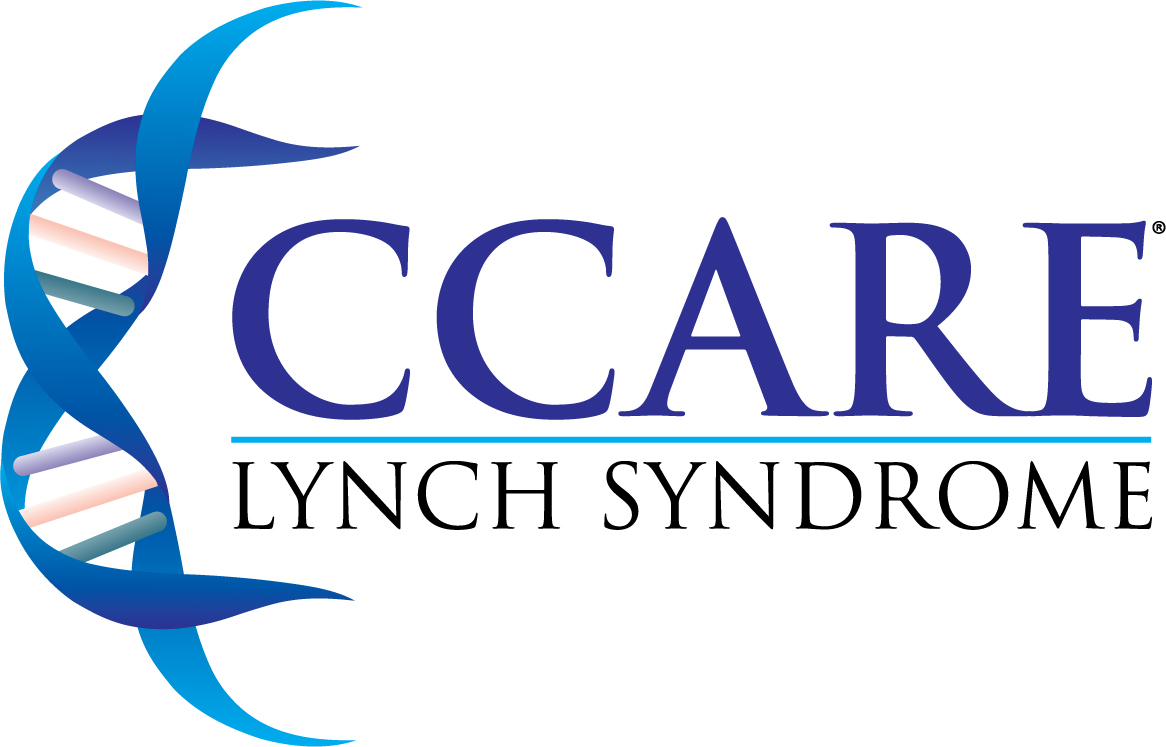Women With Lynch
What risks do women have with Lynch Syndrome?
While women with Lynch Syndrome have a high risk of colon cancer, they also have an increased risk of getting endometrial (uterine) and ovarian cancers and of getting it at an earlier age. Because endometrial and ovarian cancers often occur without any symptoms, they can advance to an incurable stage unless active early-detection steps are taken. Although there are no definitive diagnostic tests at this time, early detection measures are available.

Download handout Women with Lynch for printing and to discuss with physician
What can I do to decrease these risks?
- If you are a woman with the Lynch Syndrome gene, experts suggest that you:
-
- Look for abnormal bleeding, unusual periods, lower abdominal pain, pelvic cramping, or unusual fatigue and report these symptoms to your doctor.
- Obtain regular medical care and get an annual pelvic exam.
- Tell your health care provider that you have Lynch Syndrome and discuss any symptoms.
- Starting at age 30 (or sooner based on family history), get an annual endometrial biopsy (a small tissue sample taken from the lining of the uterus) and an ultrasound of the uterus and ovaries.*
- Don’t smoke. Smoking has been linked to an increased cancer risk in Lynch Syndrome patients. Smoking also can delay wound healing and increase surgical complications.
- Eat a balanced diet and maintain a healthy weight.
- Exercise regularly. It builds a positive attitude and develops strong core muscles. This helps if you ever require surgery. Your recovery will be easier and less dependent on others.
- Consider preventive removal of the ovaries, fallopian tubes and uterus after childbearing is done.
- If the ovaries need to be removed prior to completion of childbearing, discuss egg cryopreservation (egg freezing) with your physician.
- If the ovaries are removed it is important to discuss hormone replacement therapy prior to surgery so it can be started before surgery or immediately after to prevent going through a surgical menopause. This can be very uncomfortable.
- In addition to checking for endometrial and ovarian cancers, women (and men) should consider the following steps for colon, kidney, and stomach cancers:
-
- Discuss taking aspirin daily with your physician.
- Beginning at age 20 – 25 (or sooner based on family history) get an initial colonoscopy. Do follow-up testing every 1- 2 years until age 39 and annually beginning at age 40.
- Beginning at age 20 – 25 (or sooner based on family history) get an initial EGD. Do follow-up testing every 2 years.
- Beginning at age 25, get a yearly urinalysis to look for kidney cancer.
-
-
- A colonoscopy examines the colon and part of the small intestine with a small camera.
- An EGD (esophagogastroduodenoscopy) examines the lining of the esophagus, stomach, and upper duodenum with a small camera which is inserted down the throat.
-

Will my insurance company pay for these tests?
Because of the increased risk associated with Lynch Syndrome and the effectiveness of increased screening, insurance should cover the costs for these procedures, but it is not guaranteed. Please check with your insurance provider and make sure your physician includes the Lynch Syndrome diagnosis to justify increased screening procedures.
*These guidelines are based upon a review of current published medical literature. These guidelines are a general summary, and a more detailed review tailored to your individual circumstances is ideal. It is important to speak to your personal physician to determine the schedule of procedures that is best for your specific needs. Insurance is likely to cover the costs for these procedures but it is not guaranteed. Check with your insurance provider.
Fertility
One of the biggest concerns people have is passing a hereditary disease, like Lynch syndrome to their children. Because Lynch syndrome is autosomal dominant, there is a 50% chance of passing this on to children. To avoid this risk, there is an option of using "test-tube baby technology” to test for the Lynch gene prior to the baby growing in the uterus (womb). This is known as Preimplantation Genetic Testing for Monogenic Diseases (PGT-M).
With PGT-M a woman receives hormones to increase egg production. An egg or multiple eggs are then removed from the body before it leaves the ovary (ovulation). Eggs can be stored or immediately combined with sperm. The egg(s) and sperm are essentially mixed in a test tube. If an egg is successfully fertilized by the sperm, it will start to grow into an embryo. A DNA test is then performed on the embryo, looking for genetic abnormalities. By having this information, embryos not affected by Lynch syndrome can be selected and transferred to the uterus (womb) of a mother, whose uterus has been prepared with hormones. This process will hopefully lead to a normal pregnancy and an unaffected baby. Although fertility treatments like this can sometimes be expensive or present limitations in access to care, PGT-M it is one of the best options to date in order to prevent the transmission of Lynch syndrome. It is important to discuss this information with one’s personal physician and/or genetic counselor.







